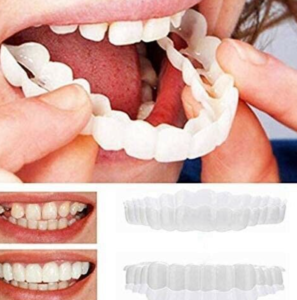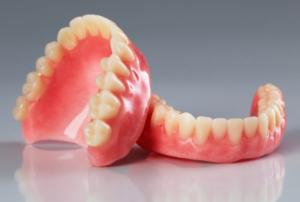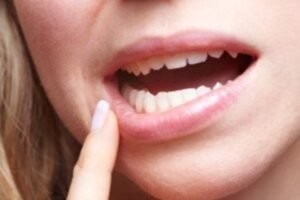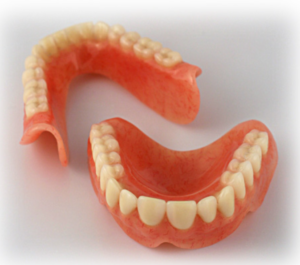The first denture reline should be done once every two years or when discomfort arises. Denture relining is a quick process, usually completed within an hour, to address fit issues and mouth sores.
Introducing a denture reline is crucial for maintaining oral health and comfort. As wear and tear affect dentures over time, a reline helps restore proper fit and function. Regular relining ensures that dentures remain secure and comfortable, preventing potential issues like irritation or sores.
Understanding the process and benefits of a denture reline can help individuals proactively manage their oral health and overall well-being.
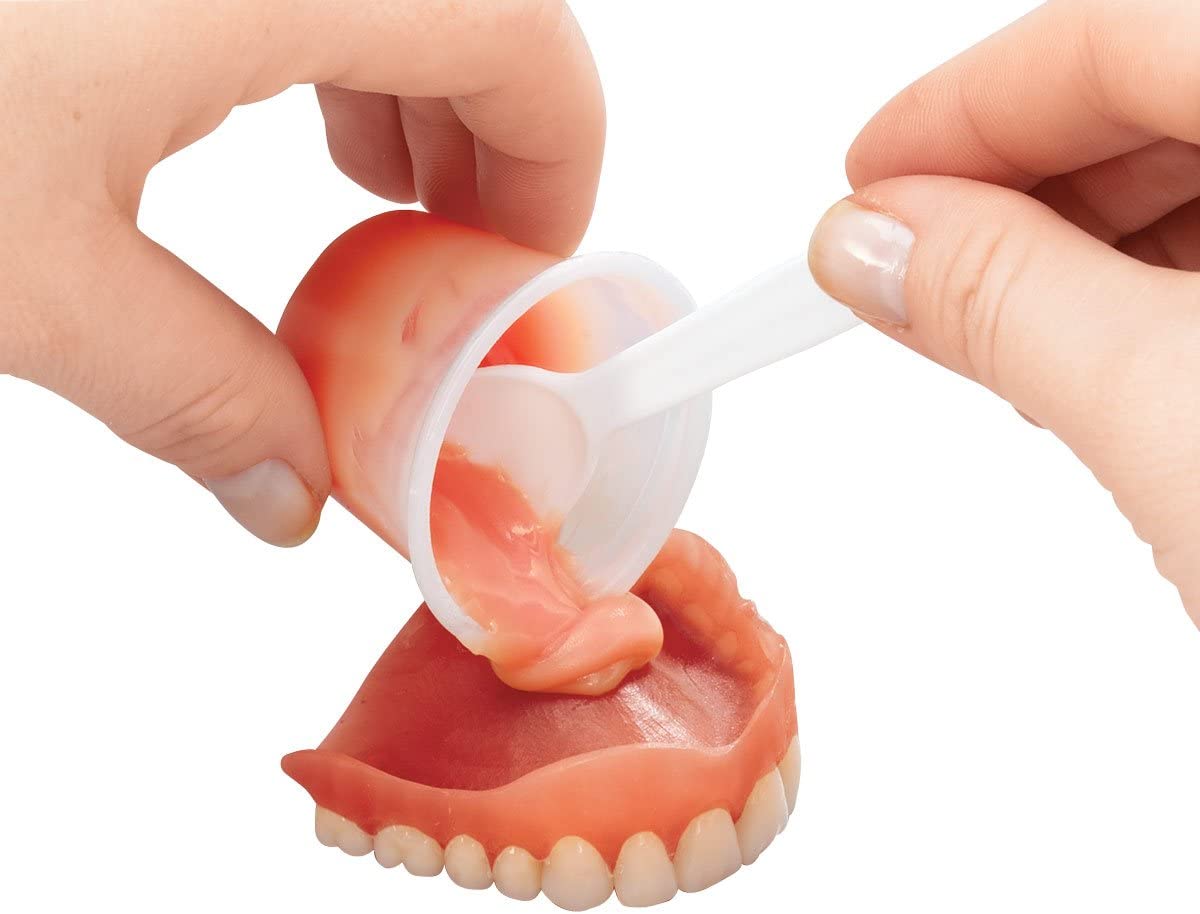
Credit: www.osmindenture.com
The Importance Of A Proper Denture Fit
Having a proper denture fit is crucial for both comfort and oral health. A well-fitted denture ensures that you can eat, speak, and smile with confidence. It also helps prevent issues such as sore spots, gum irritation, and bone loss.
Initial Adjustments For New Wearers
For new denture wearers, the initial adjustments are key to achieving a comfortable fit. During the first few weeks of wearing dentures, it’s common to experience some discomfort as your mouth adjusts to the new appliance. Your dentist may need to make small adjustments to ensure a proper fit.
Long-term Comfort And Oral Health
Long-term comfort and oral health depend on the fit of your dentures. Ill-fitting dentures can lead to a range of issues, including difficulty chewing, speaking, and even jaw pain. Regular check-ups and adjustments are essential to maintain a proper denture fit over time.
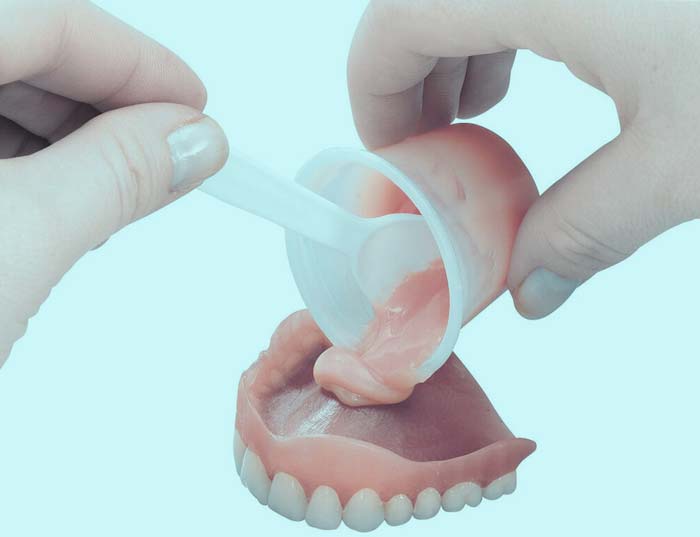
Credit: stomadentlab.com
Signs You Need A Denture Reline
As time goes on, dentures can become loose or uncomfortable due to changes in the oral tissues and bone structure. Knowing the signs that indicate it’s time for a denture reline is essential for maintaining oral health and comfort.
Loose Dentures And Discomfort
If you notice that your dentures are slipping, sliding, or causing discomfort while eating or speaking, it may be a sign that a denture reline is needed. Loose dentures can lead to sores and irritation, impacting your overall oral health and quality of life.
Changes In Oral Tissue And Bone Structure
Over time, the bone and soft tissues in your mouth can change, causing your dentures to fit poorly. If you experience changes in the fit of your dentures, such as gaps between the denture and your gums, it’s a clear indication that a denture reline is necessary to ensure a proper fit and comfort.
Types Of Denture Relines
Denture relining is a critical aspect of maintaining the comfort and functionality of dentures. There are different types of denture relines that cater to various needs and preferences. Understanding the options available can help individuals make informed decisions about their denture care.
Soft Relines For Sensitive Gums
Soft denture relines are designed for individuals with sensitive gums. This type of reline uses a pliable material that provides cushioning and relief for those experiencing discomfort or irritation due to denture use. The soft reline material conforms to the contours of the gums, offering a more comfortable fit and reducing pressure points.
Hard Relines For Lasting Durability
Hard denture relines are known for their durability and longevity. This type of reline uses a rigid material that offers stability and support, ensuring that the dentures maintain their shape and fit over an extended period. Hard relines are suitable for individuals who prioritize longevity and stability in their denture maintenance.
The Reline Procedure Explained
Experience a comfortable first denture reline procedure to enhance the fit and functionality of your dentures. Relining helps address discomfort and ensures a snug fit, improving your overall dental health and confidence. Trust the process for a seamless solution to your denture needs.
What To Expect During Your Appointment
If you are experiencing discomfort or looseness with your dentures, it may be time for a denture reline. During your appointment, your dentist will first examine your mouth and dentures to determine the areas that need adjustment. They may also take impressions of your mouth to create a mold of your gums and existing dentures.
The Steps Involved In A Denture Reline
Once your dentist has determined the areas that need adjustment, they will begin the reline process. This typically involves the following steps:
- Preparing the existing denture by cleaning and removing any old lining material
- Creating a mold of your mouth using a special impression material
- Using the mold to create a new lining material that will fit snugly against your gums and existing denture
- Placing the new lining material onto the existing denture and allowing it to set
- Trimming and polishing the denture to ensure a comfortable fit
Final Thoughts
Getting your first denture reline may seem daunting, but it is a routine procedure that can help restore comfort and functionality to your dentures. By understanding the steps involved in the process, you can feel more confident and informed during your appointment. Remember, if you experience any discomfort or looseness with your dentures, it is important to schedule a reline appointment with your dentist.
Post-reline Care And Maintenance
After your first denture reline, it’s crucial to follow proper post-reline care and maintenance. Regular cleaning, avoiding hard foods, and attending follow-up appointments with your dentist can help ensure the longevity and comfort of your newly relined dentures. Proper care will also minimize the need for frequent relines and repairs.
Post-Reline Care and Maintenance After getting your first denture reline, it’s important to properly care for and maintain your newly fitted dentures. This will ensure that they last longer and remain comfortable to wear. Here are some key things to keep in mind for post-reline care and maintenance. Cleaning and Storing Your Relined Dentures Regular cleaning of your dentures is crucial to maintaining their quality and extending their lifespan. Make sure to clean them after each meal to prevent the buildup of bacteria. Use a soft-bristled brush and mild soap or denture cleaner to gently scrub the dentures. Rinse them thoroughly with water and store them in a clean, dry place. Avoid exposing them to extreme temperatures or direct sunlight as this can cause warping or damage. Follow-up Visits and Adjustments After your first denture reline, it’s important to schedule follow-up visits with your dentist to ensure that everything is in order. Your dentist may make some minor adjustments to your dentures to ensure that they fit comfortably and securely. This will help prevent any discomfort or irritation that may occur due to ill-fitting dentures. Regular dental checkups are also important to maintain your oral health and detect any potential problems early on. In conclusion, proper post-reline care and maintenance of your dentures will ensure their longevity and keep them comfortable to wear. Regular cleaning, storing, and follow-up visits with your dentist are essential to maintaining optimal oral health and preventing any discomfort or issues that may arise due to ill-fitting dentures.
Pros And Cons Of Denture Relining
When it comes to denture relining, it’s important to weigh the pros and cons to make an informed decision. Understanding the immediate benefits and potential drawbacks of denture relining can help you determine if it’s the right choice for you.
Immediate Benefits Of Relining
Denture relining offers several immediate benefits, making it a popular option for individuals experiencing discomfort or instability with their dentures. Some of the key advantages of denture relining include:
- Improved comfort and fit
- Enhanced chewing and speaking ability
- Reduced irritation and sore spots
- Enhanced confidence and self-esteem
- Cost-effective compared to complete denture replacement
Potential Drawbacks To Consider
While denture relining offers immediate benefits, it’s essential to consider potential drawbacks before proceeding with the procedure. Some of the disadvantages of denture relining include:
- Risk of over-reliance on relining for poorly fitting dentures
- Possible changes in jawbone structure over time, necessitating additional adjustments
- Temporary inconvenience during the relining process
- Potential for allergic reactions to relining materials
- Limitations in addressing significant wear or damage to the dentures
Alternatives To Denture Relining
For your first denture reline, consider alternatives like soft relines or DIY kits. These options can help improve fit and comfort, addressing any looseness or discomfort. Regular relines every two years or as needed can ensure your dentures fit properly and feel secure.
Denture Replacement Options
If your dentures are no longer fitting properly, you may be considering alternatives to denture relining. One option is to replace your dentures altogether. Denture replacement can provide a long-term solution for addressing ill-fitting or worn-out dentures. It involves creating a new set of dentures customized to fit your mouth and provide improved comfort and functionality.
Temporary Liners And Adhesives
Another alternative to denture relining is the use of temporary liners and adhesives. These products can provide a short-term solution for improving the fit and stability of your dentures. Temporary liners can be applied to the tissue-fitting surface of the denture to enhance comfort and fit, while adhesives can help secure the dentures in place during daily activities.
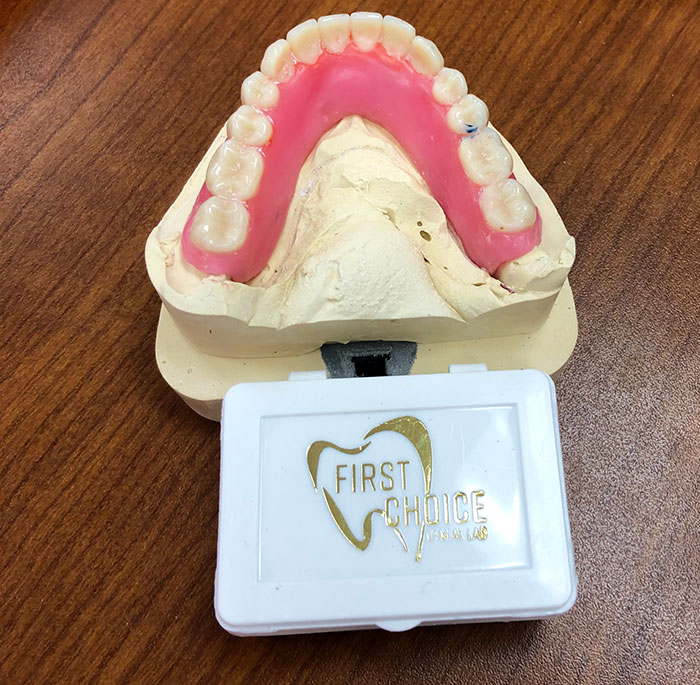
Credit: firstchoicelab.com
Frequently Asked Questions
When Should I Get My First Denture Reline?
Your denture should be relined every two years or if you experience discomfort, improper fit, or looseness.
How Long Does It Take For The Dentist To Do A Soft Reline?
A soft denture reline by a dentist can typically be completed in about an hour. The dentist examines your mouth for irritation and may provide a temporary denture for healing mouth sores.
What Are The Disadvantages Of Relining Dentures?
Disadvantages of relining dentures include chemical reactions in the mouth, potential voids in the reline acrylic, and color discrepancies between materials over time.
Does Relining Dentures Make Them Fit Better?
Yes, relining dentures can make them fit better, offering improved comfort and a more secure fit.
Conclusion
Getting your first denture reline is essential for comfort and a proper fit. Regular relines every two years can prevent discomfort and ensure your dentures fit correctly. Trust your dentist to guide you through the process for a quick and effective reline.


